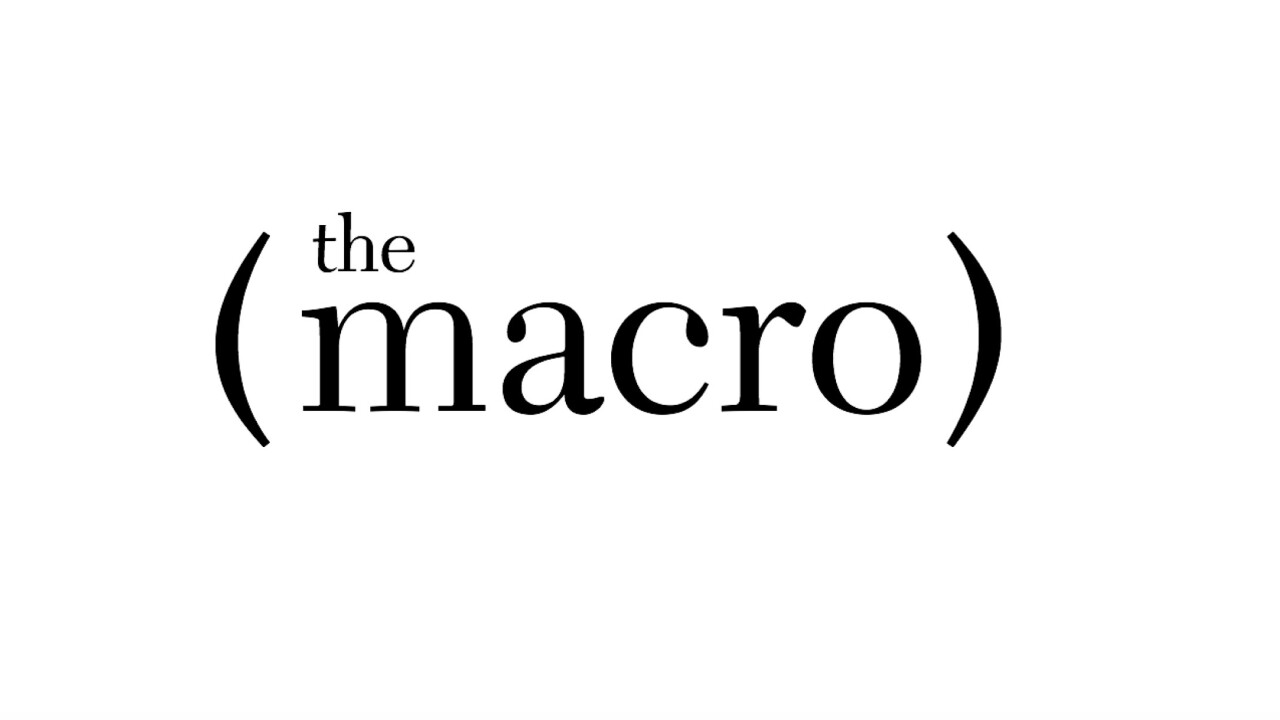
Today, accelerator Y Combinator announced via blog post that it would finally organize the many writings of its partners, advisors and founders into a cohesive publication designed for startups. Dubbed ‘The Macro,’ the project looks organized and helmed by Editorial Director Colleen Taylor, who left TechCrunch in June for the role.
“The Macro is not focused on breaking news,” Taylor said in her post about the project. “There is already a robust network of publications that are covering the day-to-day changes in the technology industry. Our aim is take a wider-range view, while sharing information that is useful, thoughtful, and interesting.”
So far, The Macro seems to be a combination of original work from Y Combinator President Sam Altman and others, as well as a compendium of popular posts from Y Combinator’s spun-off news aggregation site and social community Hacker News. Since this is the first month, there will no doubt be a ramp-up to include more editorial work along Y Combinator’s vision: startup tips, business philosophy, and other interesting nuggets about Silicon Valley startup and VC culture.
But it will be interesting to see how far Y Combinator will go in codifying the editorial work of those who are involved. Recently, Y Combinator founder Paul Graham wrote a culturally tone-deaf and patronizing essay, articulating that Y Combinator’s “woman problem” — a criticism largely raised as peer accelerators like 500 Startups openly commit to bringing more women and people of color into their classes, as well as hiring and promoting more female partners — could be refuted by the existence of co-founder (and Graham’s wife) Jessica Livingston.

Critics slammed Graham for not only the overall tone of the piece — which was perplexing to begin with as Livingston can very rightfully speak for herself — but also that it constructs the idea of speaking out for diversity in Silicon Valley is not only “aggressive” and “vitriolic,” but a fire fueled by the media that has caused Livingston to “shrink” from “linkbait journalists.”
For someone fond of “heuristics” @Paulg does not listen to feedback about confirmation bias https://t.co/55KNBTE80n pic.twitter.com/GTlmWaHK0G
— Nitasha Tiku (@nitashatiku) November 17, 2015
That somehow Y Combinator is absolved for its continually predominately white, male founder base by having a female founder within YC (one that also seemingly wilts under the pressure of her own existence, by Graham’s characterization) is perplexing at best, and perpetuating bad, biased rhetoric at worst.
So in developing The Macro, will Y Combinator be reaching to stake a company claim in the opinions of its founders and partners? Superficially it seems so, but it’s not without its own risks.
UPDATE:
In the interest of thorough expression of my critique about diversity at Y Combinator, I’ve decided to include a blog post YC President Sam Altman chose to point to me via Twitter regarding my claims that it is a “predominately white and male” pool of founders.
In the accelerator’s current class, women make up 11.1 percent of founders, while 23 percent of startups in the class have one or more female founders. Additionally, Black and Hispanic founders, combined, make up less than 10 percent of founders. Y Combinator did not disclose the percentage of Asian founders in this post.
Get the TNW newsletter
Get the most important tech news in your inbox each week.




